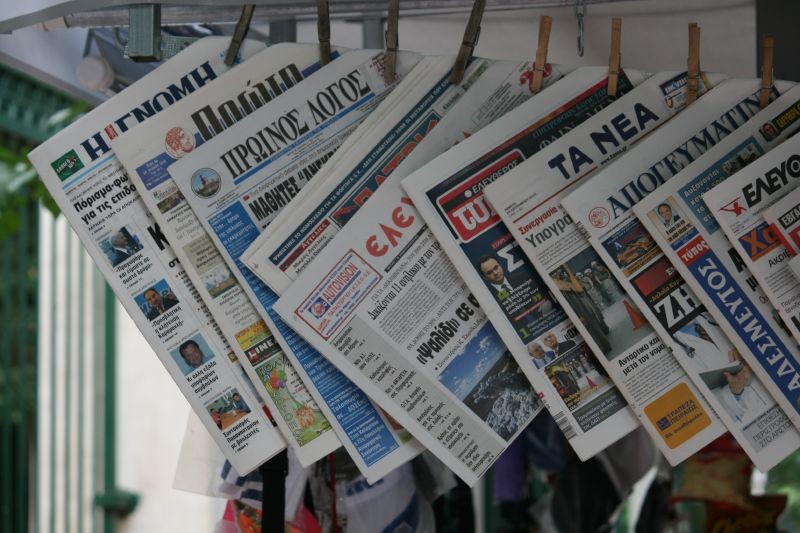A delegation made up of Reporters Without Borders (RSF) and its partners visited Athens and met with various media outlets representing a wide range of editorial perspectives, officials from state institutions, and representatives from civil society.
They found that despite revelations of Greek media professionals being targeted with spyware and the murder of veteran crime reporter Giorgos Karaivaz in 2021, Greek authorities have done little to improve the situation, the RSF said Wednesday.
Between 2020 and 2022, the Greek National Intelligence Service (EYP) wiretapped journalists in the name of national security. Reporters have also been illegally targeted by the phone hacking software “Predator” and despite complaints they filed, justice has yet to be served in cases of privacy violation and breaches of journalistic source confidentiality.
The media watchdog has urged the Greek Government to adopt a decree that regulates the use of spyware by the state.
The Organization for Security and Co-operation in Europe (OSCE) also called in September on European member states to safeguard press freedom and stop misusing the pretext of “national security” to spy on journalists.
Additionally, attacks on journalists and the murder of crime reporter Giorgos Karaivaz remain unsolved.
“This delay in securing justice sends a worrying signal that impunity for the murder of journalists is tolerated,” as stated by RSF.
Abusive lawsuits, including Strategic Lawsuits Against Public Participation (SLAPPs), represent another significant threat as they are intended to censor, intimidate, and drain the budgets of a journalist or newsroom either until the critical reporting is abandoned or all the way to bankruptcy.
Also, the fact that major Greek print and TV channels are owned by influential families and individuals with political ties raises concerns about conflicts of interest and the potential compromise of editorial independence. While outright censorship is rare, there is a prevalent problem of self-censorship.
“The combination of these many challenges means Greek journalism faces a crisis of credibility, being one of the EU countries with the lowest level of trust in media by citizens,” said RSF.
Within the upcoming weeks, an extensive report containing thorough recommendations will be released in both Greek and English by RSF.



